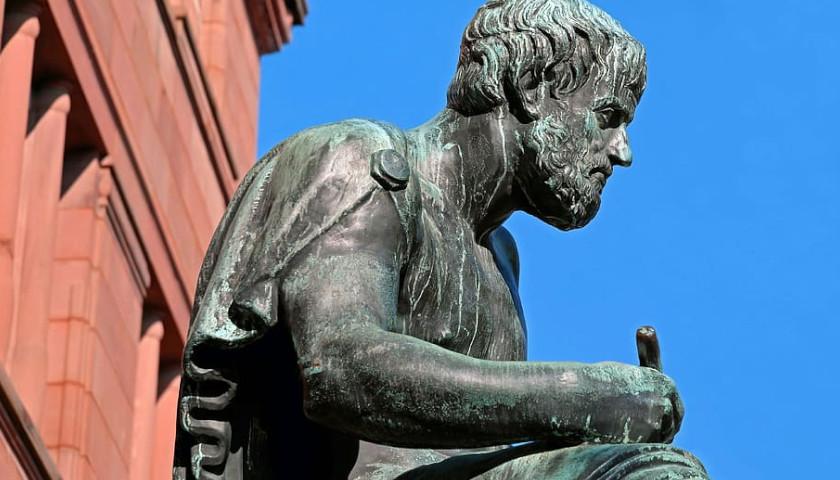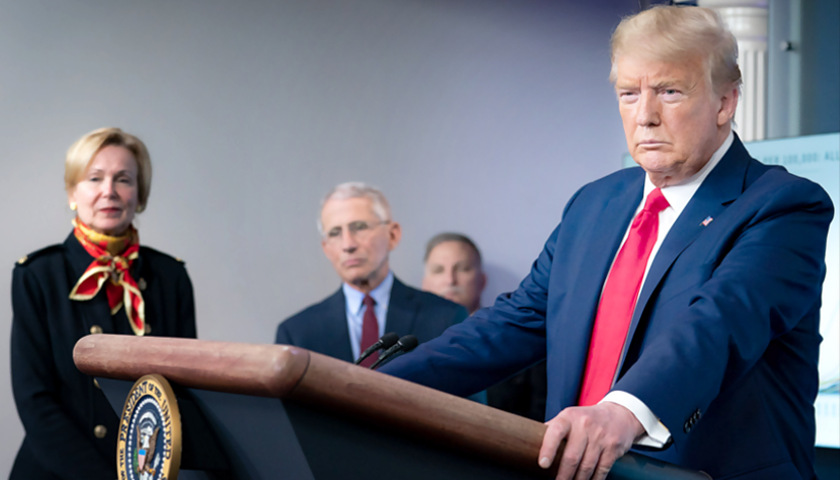It is through wonder that men now begin and originally began to philosophize; wondering in the first place at obvious perplexities, and then by gradual progression raising questions about the greater matters too, e.g. about the changes of the moon and of the sun, about the stars and about the origin of the universe.
Read MoreTag: wisdom
Commentary: Too Much Data, Too Little Wisdom
Every day, we are bombarded with information. A police shooting under questionable circumstances. A tense encounter between people of different races. A flood of statistics on COVID-19 cases, mortality, and vaccine effectiveness.
We receive the data in the form of easily digested soundbites and a never-ending reel of videos. We are supposed to respond by taking a stand and making a judgment. If there is any doubt as to what that stand should be, the mood music on the news and the explicit narratives on social media make it plain what we are supposed to feel and think.
Objectively speaking, these videos present as many questions as they present answers. Maybe it’s grainy and fast moving. Maybe the lens is distorting perspective. With YouTube, we can slow it down, rewind, and enhance the color. Ah ha! See! The kid dropped the gun a tenth of a second before the officer’s shot went off, says the know-it-all.
Read MoreCommentary: Wisdom In a Time of Botched Models, Bad Advice, and Deadly Illness
The virus will teach us many things, but one lesson has already been relearned by the American people: there are two, quite different, types of wisdom.
One, and the most renowned, is a specialization in education that results in titled degrees and presumed authority. That ensuing prestige, in turn, dictates the decisions of most politicians, the media, and public officials – who for the most part share the values and confidence of the credentialed elite.
The other wisdom is not, as commonly caricatured, know-nothingism. Indeed, Americans have always believed in self-improvement and the advantages of higher education, a trust that explained broad public 19th-century support for mandatory elementary and secondary schooling and, during the postwar era, the G.I. Bill.
But the other wisdom also puts a much higher premium on pragmatism and experience, values instilled by fighting nature daily and mixing it up with those who must master the physical world.
Read More


